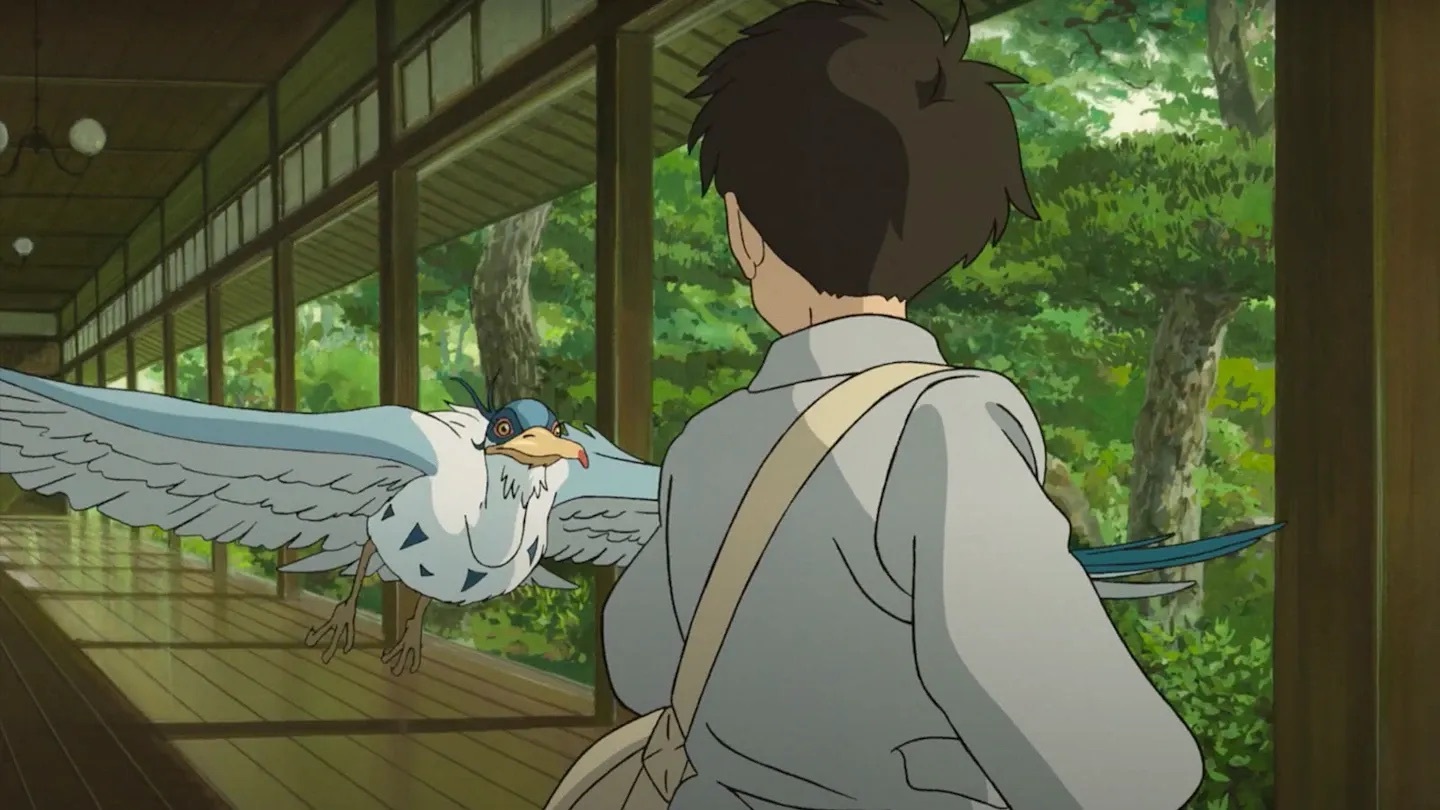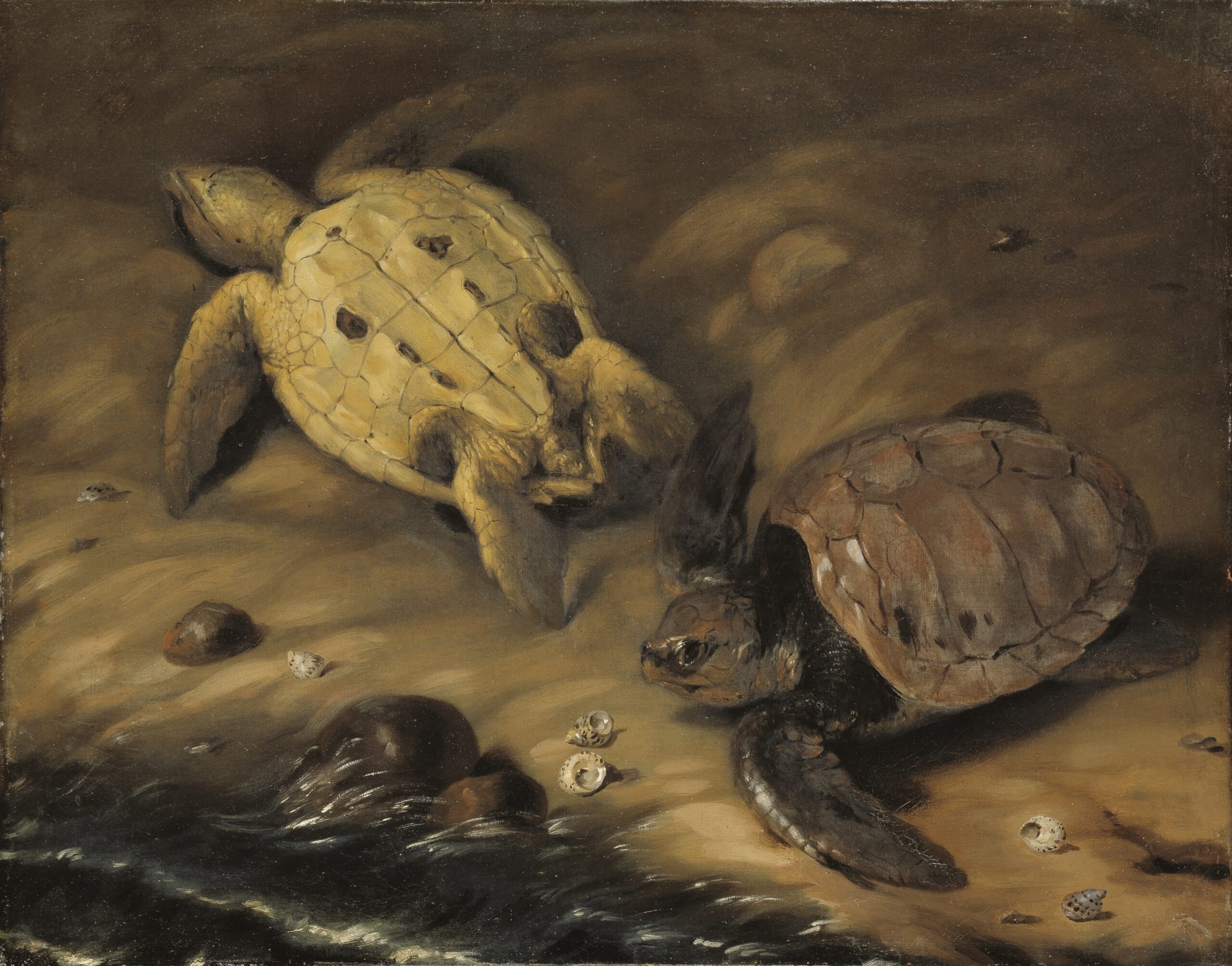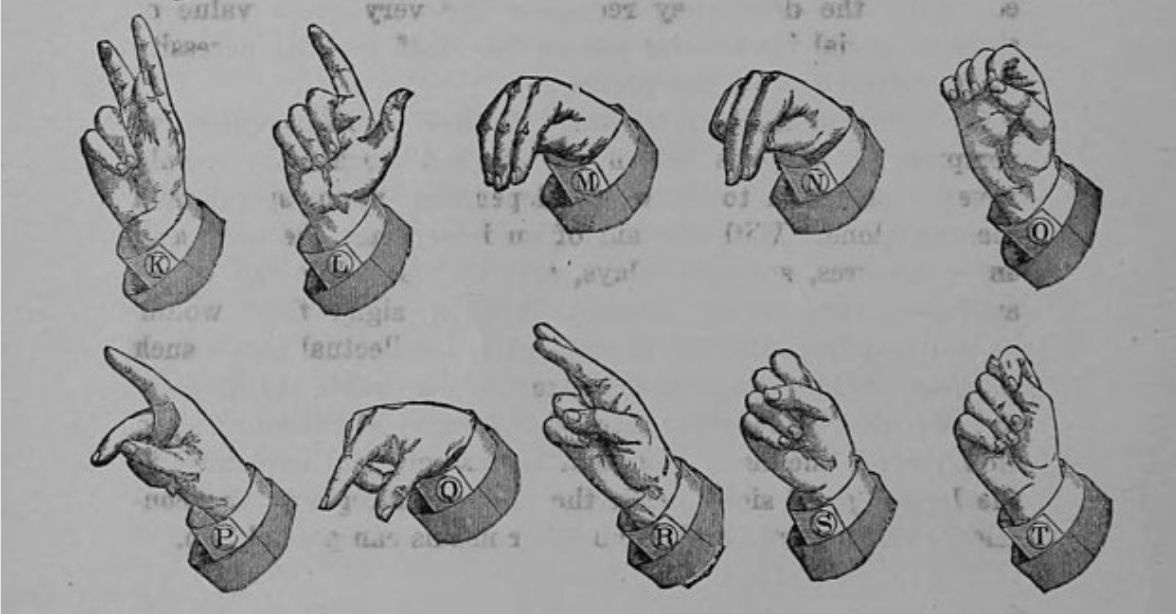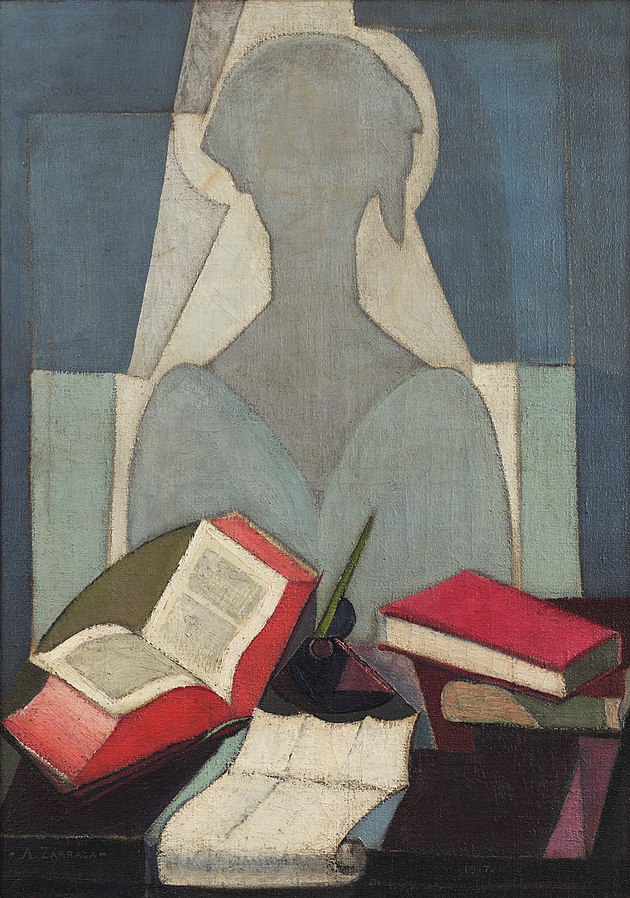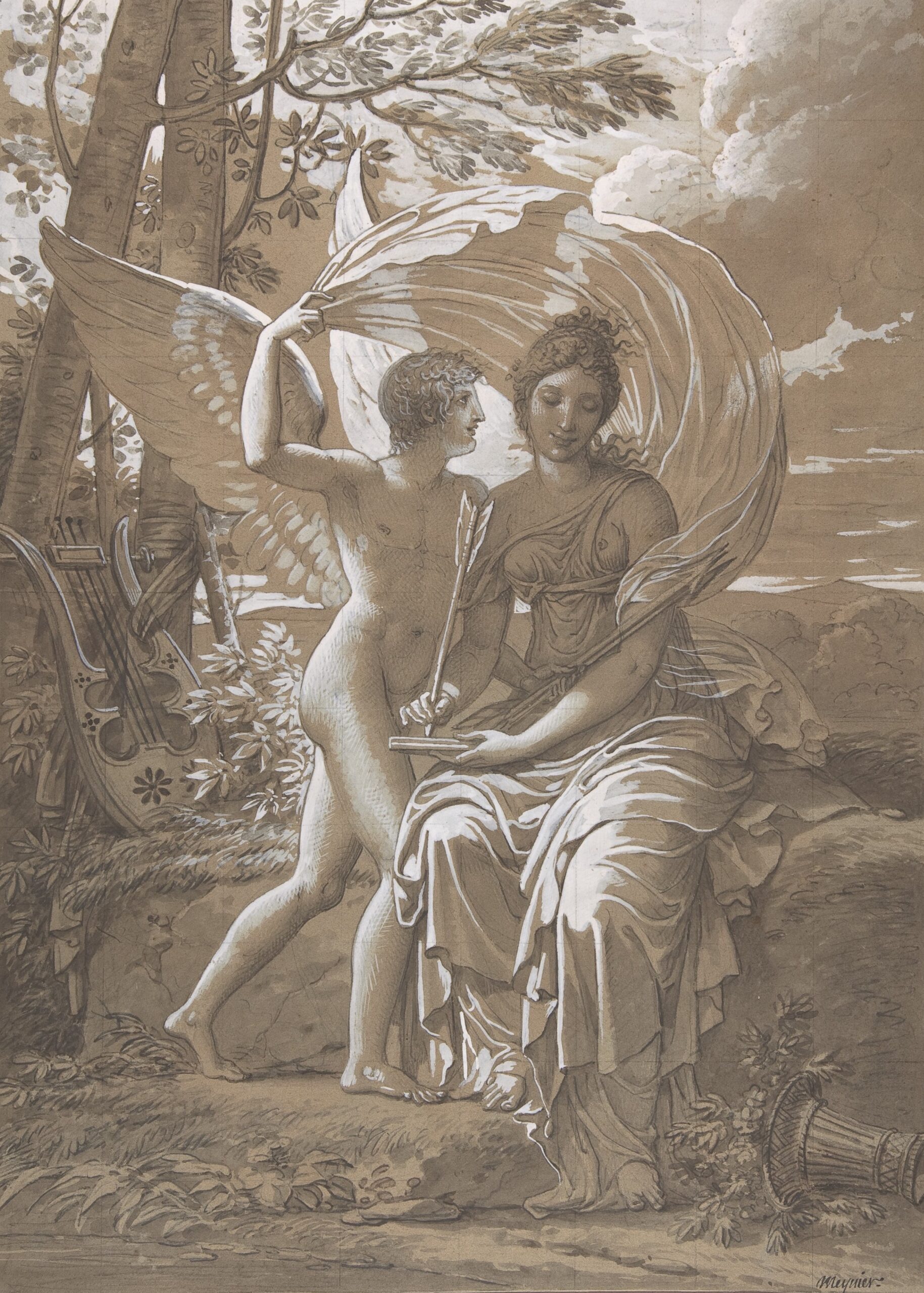This piece is excerpted from Come Here Often?: 53 Writers Raise a Glass to Their Favorite Bar, out today from Black Balloon Publishing.
On any given week, I usually visit one or two of what I refer to as “lowercase-b bars.” These are bars where I do not consume much alcohol. Sometimes it’s business when I’m traveling, other times it’s part of an evening and it feels more like a fine-dining experience than anything else. Craft cocktails with lavender. Microbrew IPAs so deliciously hoppy they numb your tongue. Such bars feel like extramarital affairs to me: they’re pretty to look at and always hold new offerings, something I haven’t tried before, but I could never settle down with them. When I go to these bars, I’m a particular version of me: I have on an opaque professional exoskeleton that (hopefully) somewhat conceals my dog-hair-covered-bathrobe-wearing proclivities, my preference for cursing when it’s least required (“I fucking love this new toothpaste”), my ungovernable passion for fast food. At lowercase-b bars, I’m dressed up. I am likely wearing a Spanx bodysuit. I’m not going to be getting intoxicated—undergarments with enthusiastic spandex and frequent urination do not mix. While it’s fun to have a drink or two there, it’s clear no deeper bond is going to form between us. For one, there’s no room for an unhealthy codependence to form, because they don’t need me. They are sleek and flashy and classier than I ever could be, even with Spanx pulling my gut in and my sailor mouth censored. They don’t need me? Well, I don’t need them. I will drink their cocktails because they are tasty and I will pay more than I wish I had to pay for the privilege of doing so. Need, though, doesn’t factor into it.
Here’s what I do need, in a “capital-B Bar” and in all things really: openness. I want it to feel like it’s okay with the establishment that I’m not trying to look like a woman on the cover of a magazine when I walk inside. Actually, you know, let’s dial it down a little further: I want it to feel okay that I didn’t brush my hair. I think I’ve always had my hair brushed when I’ve gone to Raccoon’s, but that’s not the point. They would serve me with non-brushed hair. They would serve me with day-old mascara that is smudged all over my eyes. In fact, this would allow me to make a joke about the affinity of my own appearance and that of their namesake animal mascot, allow me to bond with Raccoon’s even further. I should add that their karaoke experience is unafraid of the tambourine—there’s usually one there for you to shake the hell out of. It’s just another indicator that you don’t have to hold back when you’re inside.
Raccoon’s is located in a suburban stucco strip mall in sunny Florida. You can look out its tinted windows and see families going to get ice cream after little-league games. The plaza holds a dentist, a hairstyling academy, a Chinese restaurant, a gym, a realtor, and a pet groomer, amongst other businesses. Raccoon’s does not announce itself. You know where to find it, and you do, and if you want to visit a pool supply store before or after, there is one in the plaza for your convenience. Visiting it is not an event you must prepare for. You don’t have to change out of your sweatpants. You just enter. Oftentimes, you stay. Their beer menu prioritizes being able to drink cheaply for hours over taste. Raccoon’s has beer-bucket specials starting at 9:30 am. I mean, on a Tuesday morning. This singular fact would qualify it as my favorite bar all on its own. I don’t know the average stay of a typical Raccoon’s customer; I haven’t performed any type of quantitative study, but I would clock mine in at about four-and-a-half hours. I don’t go to have a top-shelf experience; I go to have a human experience.
I officially dubbed Raccoon’s my favorite bar in the world one Christmas Eve in my early twenties. First of all, it was really late Christmas Eve, I guess Christmas morning, and yet they were still open. People inside were in all kinds of shape—the holidays can be pretty rough. Some were deliriously giddy; others were clearly just trying to hold on. (Suburban misery is one of the darkest forces on earth, which is another reason Raccoon’s does so much good in its location.) But we were together; we were a group, and here was Christmas again, and we’d made it. Raccoon’s promotes community and provides freedom of expression: you can begin crying or singing at any time, at nearly any volume, and rather than being asked to leave others will come join you, and vice versa. That’s the bargain you make when you enter Raccoon’s, the gift you give to others and receive in return: I will engage with you in a friendly and affable manner, because we are both here to find a more accepting place than the world beyond these doors.
It was a really odd feeling to know that I could say or do almost anything, and as long as I wasn’t hurting myself or others, it would be accepted. Say you’re twenty-two and you’re a female and you’re not so sure about your worth in the world. You’re getting messages from the media and television telling you that if you want to be successful you need to look like this, but you don’t look like this. Messages saying that you need to act like this, and you don’t want to act like this. What you don’t see a lot of in the media are kind women in their forties and fifties who haven’t been worried about looking like this or acting like this for a long time, because they’ve been living their lives and didn’t have the time or interest, and guess what: they are spunky and amazing and exactly the type of woman I wanted to know I could grow into. You don’t see much of the other paths. You have no idea—I had no idea, at least—the freedoms you can have to go your own way if you can summon the strength to not care what the wrong people think.
When you’re twenty-two, it can be hard to meet a broad range of forty- and fifty-year-old women who are open to having long and very confessional conversations with you. Our society is big on mentorship when it comes to children, even teens, but suddenly you’re twenty-two and you’re beginning to notice how limited the characters and roles given to fifty-year-old women in the movies and on television are. It seems like the best you can hope for is to be a tastefully dressed woman who spends a lot of time in the Botox chair and is careful not to flaunt her sexuality. I didn’t want this. I don’t want this. I want my roar to grow louder as I age. I want to age into audacity. (I don’t wear bikinis now, but I plan on never taking them off the moment I hit seventy.) I want to get older and wear way too much eye makeup, go the powder-blue monochromatic full-lid route, occasionally adding some clumping mascara. I don’t want to have a lot of need for the beauty tips in magazines. I want to know how to gracefully smoke on crutches.
Where do you find these women who can show you a different model for yourself? Who wear lace leopard-print shirts and place kind hands on your shoulder? Who remind you that, “Those bastards can only break your spirit if you let them?”
At Raccoon’s. That’s where.
Raccoon’s is like an alcohol-infused Big Brothers/Big Sisters program, except the kids are adults and the adults are older adults. That Christmas Eve night and over the years that followed, I found surrogate mothers there, women who didn’t judge the jagged path I was taking toward becoming a writer. Who didn’t care how much I dropped the f-bomb because they dropped it even more. Who affirmed I was okay when I really needed it most.
I’m thirty-two now. It’s been a decade since I first fell in love with Raccoon’s. I make it a point to go there whenever I’m visiting “home” in central Florida. As I move toward forty, then fifty, I hope I can be one of the women in the bar who are in the business of encouraging and saving the spirits of younger women, who will talk with them openly, and who will listen, usually completely anonymously. I don’t know the names of any of the kind women who inspired me and listened to me and gave me real-world advice, but I’ll never forget their words. There’s the famous line from the theme song of Cheers: “Sometimes you wanna go where everybody knows your name.” Well, no. I don’t, really. I want to go where my name isn’t important, and neither is anyone else’s. For me, that place is my beloved Raccoon’s.

